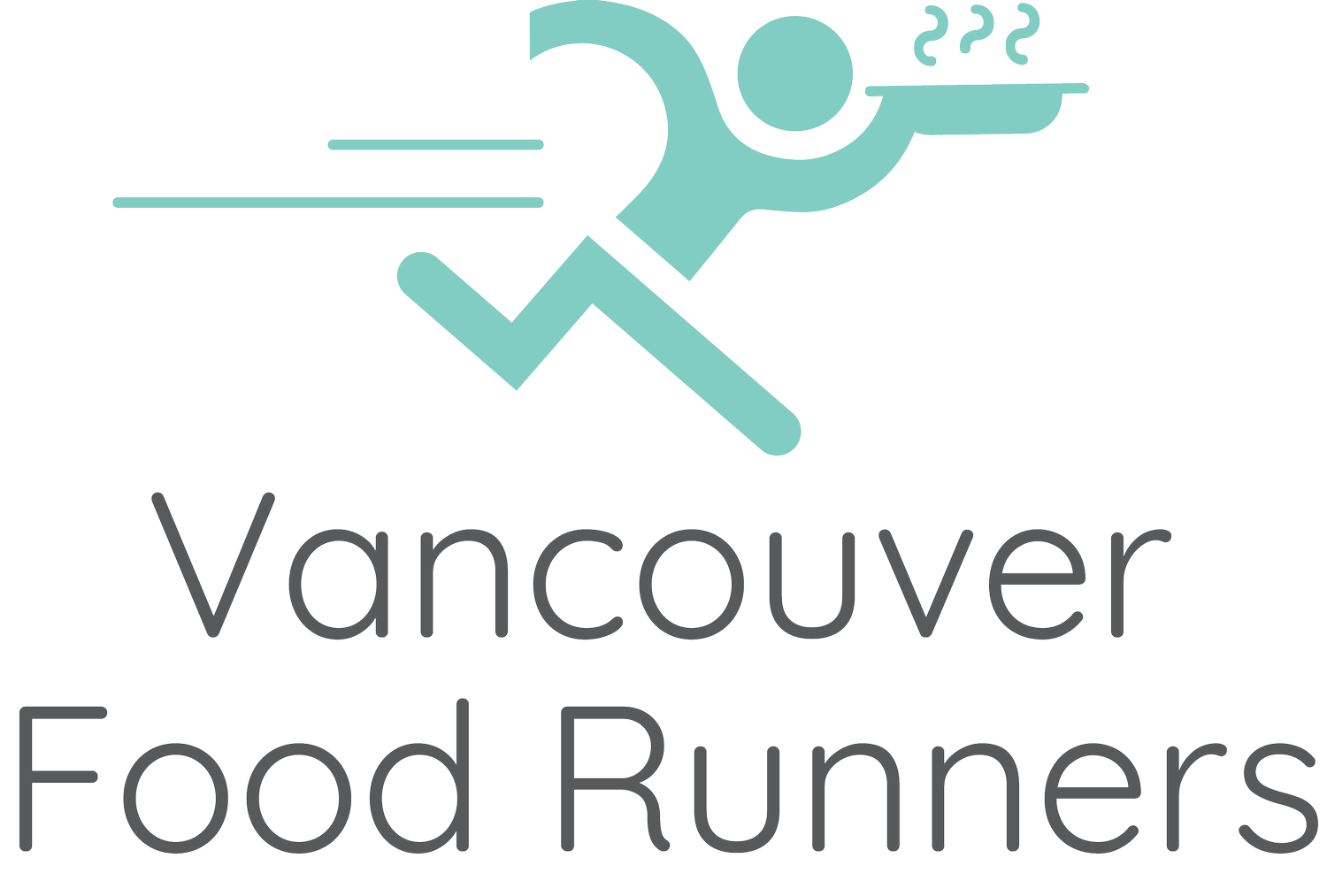Erin Nichols
VFR: Erin, tell us about yourself and your journey to becoming a Senior Project Manager on the food waste file at the City of Vancouver.
Erin Nichols: My interest in farming and my personal connection to food started when I was a child. I spent a lot of time on prairie farms, and I saw how food was grown and made. As a child that grew up in the city, the farm seemed wondrous, almost magical. I remember my first taste of new potatoes from my Great Auntie Mable’s garden and gathering eggs from Auntie Toots’ chickens. These deeply rooted memories fostered a lifelong interest in food systems and was the inspiration for co-founding the Vancouver Farmers Markets, which eventually led me here to the City of Vancouver.
VFR: Please share about the City's Circular Food Innovation Lab. What are the primary goals of this innovative project, and what are some of the key learnings and ideas starting to emerge from this exciting initiative?
EN: The Circular Food Innovation Lab is a collaboration between the City of Vancouver, the Vancouver Economic Commission, Emily Carr University of Art + Design (ECU), and 16 Vancouver businesses with the purpose to discover ways to eliminate food waste across Vancouver’s food supply chain. Through site visits and exploratory discussions, businesses and the ECU Design Team have identified solution concepts to test. The City helps to facilitate these discussions and to synthesize the ideas that are generated. Our goal is to understand the situations that lead to food waste, to build working relationships, and to challenge how participants think about and work with food. No band-aids and no top-down solutions here! Everyone is involved in making sense of the food waste issue. The Circular Food Innovation Lab is in its early days, but the drive and passion from businesses are palpable. The funds we received through the generosity of the Carbon Neutral Cities Alliance and Mitacs have made this exciting project possible.
VFR: What is a circular food economy? This might be a new concept for some of our readers! Please explain this concept and share some local examples.
EN: A circular food economy mimics the natural systems of regeneration and everything is used at its highest and best use, so there is no waste. A circle has no end and that is the ideal for our food system. The output from one process becomes the input for another. Food scraps such as stems, cores, and husks get composted to become soil that will nourish the next crop. Steamed rice becomes fried rice. Spent grain from breweries becomes flour to be made into bread. Zero waste is an old idea but one that is inspiring new ideas. From innovation comes market opportunities and green jobs that will contribute to an equitable circular economy of food for all.
VFR: Given your extensive experience in the food industry, do you think food businesses are becoming increasingly motivated to reduce their food waste?
EN: Yes! Innovation is happening all the time, especially now. The pandemic, the heat dome, the flooding of farmlands, supply chain disruptions, staffing shortages, and the cost of food have motivated food businesses to try new things. These challenges are not expected to end soon and will continue to drive innovation going forward. This is an important and timely opportunity to work together to find food waste solutions that benefit people, the planet, and help businesses future-proof their operations.
VFR: The City of Vancouver also has a Zero Waste 2040 Strategic Plan. Please share about some of the key pillars of this Plan and some successes that have emerged since it passed in 2018.
EN: The Circular Food Innovation Lab was born from the Zero Waste 2040 Strategic Plan which addresses waste reduction across multiple streams. Food is the waste steam my work and expertise focuses on. One of the key takeaways of the Plan is that food waste is a problem the City of Vancouver can’t solve on its own. Businesses and residents must work together to stop wasting edible food and instead, revalue it and use it up. My Great Auntie Mable didn’t throw out food – her kitchen leftovers became delicious soups and stews – and it’s time we all start doing the same.
VFR: Waste Reduction Week is coming up (third week in October)! What are some things that Vancouverites can do to reduce their food waste?
The City is a partner of Love Food Hate Waste Canada which provides inspiration and tips for reducing food waste at home. During Waste Reduction Week (and every other week, too) I invite everyone to visit LoveFoodHateWaste.ca, follow their Every Bite Counts web campaign and then, put a few of their ideas into action. By buying only food you need, storing it so it lasts, and using it up, we can all make a difference and reduce food waste. Next time you see that overripe banana or bruised tomato or limp piece of broccoli, resist the urge to throw it away – instead, think like my Great Auntie Mable and make something delicious!
Be the first to read our E-newsletter
Subscribe to our bi-weekly newsletter that arrives to your email inbox every other Saturday!

